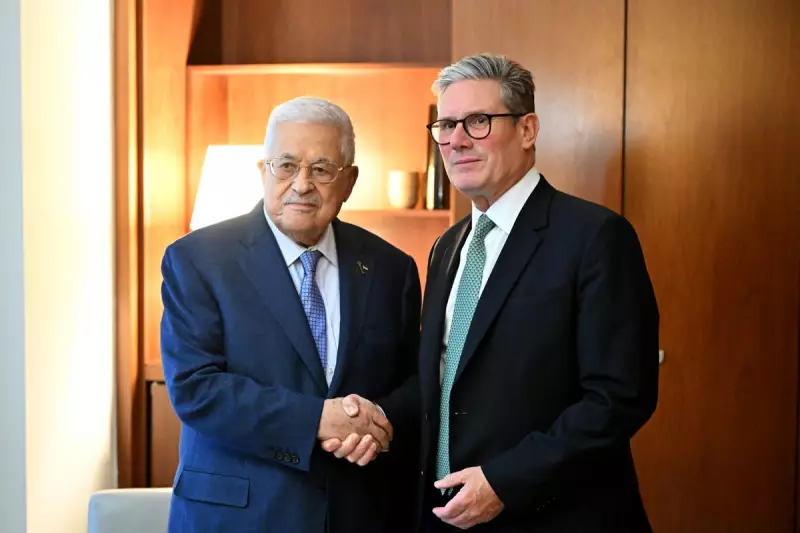
In a significant and tense diplomatic encounter, Labour leader Sir Keir Starmer directly challenged Palestinian Authority President Mahmoud Abbas on the atrocities committed by Hamas during their October 7th assault on Israel. The meeting, held in London, underscored the delicate tightrope the UK's incoming government must walk on the international stage.
The talks, described as 'robust and frank' by sources, saw Starmer press Abbas on the Palestinian leadership's response to the militant group's actions, which triggered the ongoing conflict in Gaza. This firm approach signals a potential shift in UK foreign policy under a future Labour administration, emphasising accountability.
Shadow Cabinet Absence Sparks Internal Criticism
Adding a layer of domestic political intrigue, Shadow Home Secretary Yvette Cooper was notably absent from the high-profile meeting. Her decision to skip the talks has reportedly caused consternation within the Labour Party's upper echelons, with some viewing it as a missed opportunity to engage on a critical security and foreign policy issue.
Critics within the party have questioned the message this sends about the shadow cabinet's readiness and cohesion on the global stage. Cooper's office has yet to provide a detailed public explanation for her non-attendance, fuelling further speculation.
A Delicate Balance for UK Leadership
The meeting highlights the complex challenges facing Western leaders in engaging with the Palestinian Authority while maintaining a firm stance against militant extremism. Starmer's team emphasised that the discussion also covered the urgent humanitarian crisis in Gaza and the necessity of a two-state solution as the only viable long-term path to peace.
This diplomatic move is being closely watched as a indicator of the foreign policy priorities a Labour government would pursue, balancing firm support for Israel's security with a push for Palestinian statehood and humanitarian aid.





